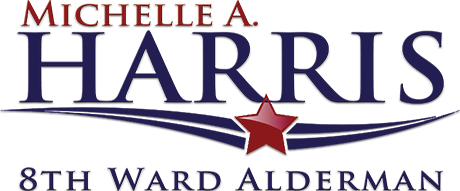Tips for Calling 911
The Chicago Police Department provides Tips for Calling 911 in order for citizens to better understand what an emergency call entails.
- If you call 911 and do not get an immediate response, do not hang up and call again. This will only further delay your call. In the majority of cases, calls are answered on the first ring. However, during high volume periods, you may experience a slight delay. When all operators are busy, calls will be answered in the order they are received.
- Ambulances are sent out for emergency situations only. Minor illnesses or routine medical visits will be referred to private ambulance services. The City does charge for ambulance services, but individuals will not be turned down solely on the basis that their insurance will not cover the cost.
- If you request an ambulance and the nearest one is over 18 blocks away, a Fire Department vehicle will be dispatched to your location to provide basic services until the paramedics arrive.
- Calls to the Police Department are answered on a priority basis. Situations that involve threat to life, bodily injury, or major property damage or loss are the highest priorities. Calls of this nature are answered in 10 minutes or less.
- Second priorities include situations that are not life threatening, do not involve injuries or major destruction to property or the crime is no longer in progress. If your call falls under this category, the Police Department will respond as soon as possible.
- It is important to provide as much information on your situation as possible. Operators ask questions regarding the persons or autos involved in an accident. If you request an ambulance, the operator will inquire about your medical history. The more information you provide, the easier and faster it is for dispatchers to get services to you.
- When calling 911, if you wish to remain anonymous, please indicate that at the beginning of your call.
- If you call 911 from a cellular phone, operators will ask your name, approximate location and the telephone number of your cellular phone. It is very important to give this information, because operators can not pick up your exact location on a cellular phone.
- You should use 311, the City’s non-emergency line in situations that do not involve a crime in progress or an immediate threat to life, bodily injury, or major property damage or loss.
